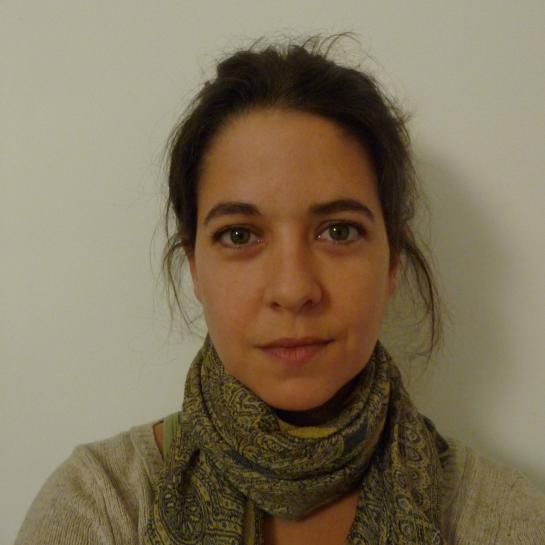Promotors:
Prof. dr. Stefaan SMIS
Vrije Universiteit Brussel
Prof. dr. Dorothée CAMBOU
University of Helsinki
FUNDING:
Research Project: G079120N
Title PhD
The potential and limitations of human rights-based systematic climate litigation to address climate crisis and obtain climate justice for indigenous peoples.
Research Field/ discipline
International Human Rights Law.
Introduction
The PhD research aims to critically assess the potential of strategic litigation based on human rights to obtain a better climate policy and protect the rights of indigenous peoples in the climate crisis.
Abstract
Although they have contributed least to climate change, indigenous peoples suffer the most from its impacts. This is notably the case because of their distinct lifestyle and culture, both revolving around their special relationship with their traditional lands and natural resources. As a result, climate change is impacting all aspects of their lives, ultimately threatening their physical and cultural survival. The intimate relationship of indigenous peoples with their traditional lands and natural resources is protected under international law; notably through land rights, cultural rights and environmental rights. While these rights are primarily safeguarded in specific instruments of protection such as the United Nations Declaration on the Rights of Indigenous Peoples, they have also been recognized and protected under general human rights law through evolutive interpretation. Against this background, this PhD research aims to determine if and to what extent indigenous peoples could use their rights under international law to advocate for a better climate policy and obtain climate justice through strategic litigation. Considering their heightened vulnerability to global warming and their specific rights under international law, indigenous peoples appear to be in a unique position to litigate climate change using human rights. There are however some significant legal hurdles in this new trend of strategic litigation invoking human rights to try and force states to adopt a better climate policy. Through an extensive analysis of the case law, the research ultimately aims at uncovering and analyzing the prospects, hurdles and limitations of human rights-based systematic litigation with a view to critically assessing its potential to achieve climate justice for indigenous peoples.

